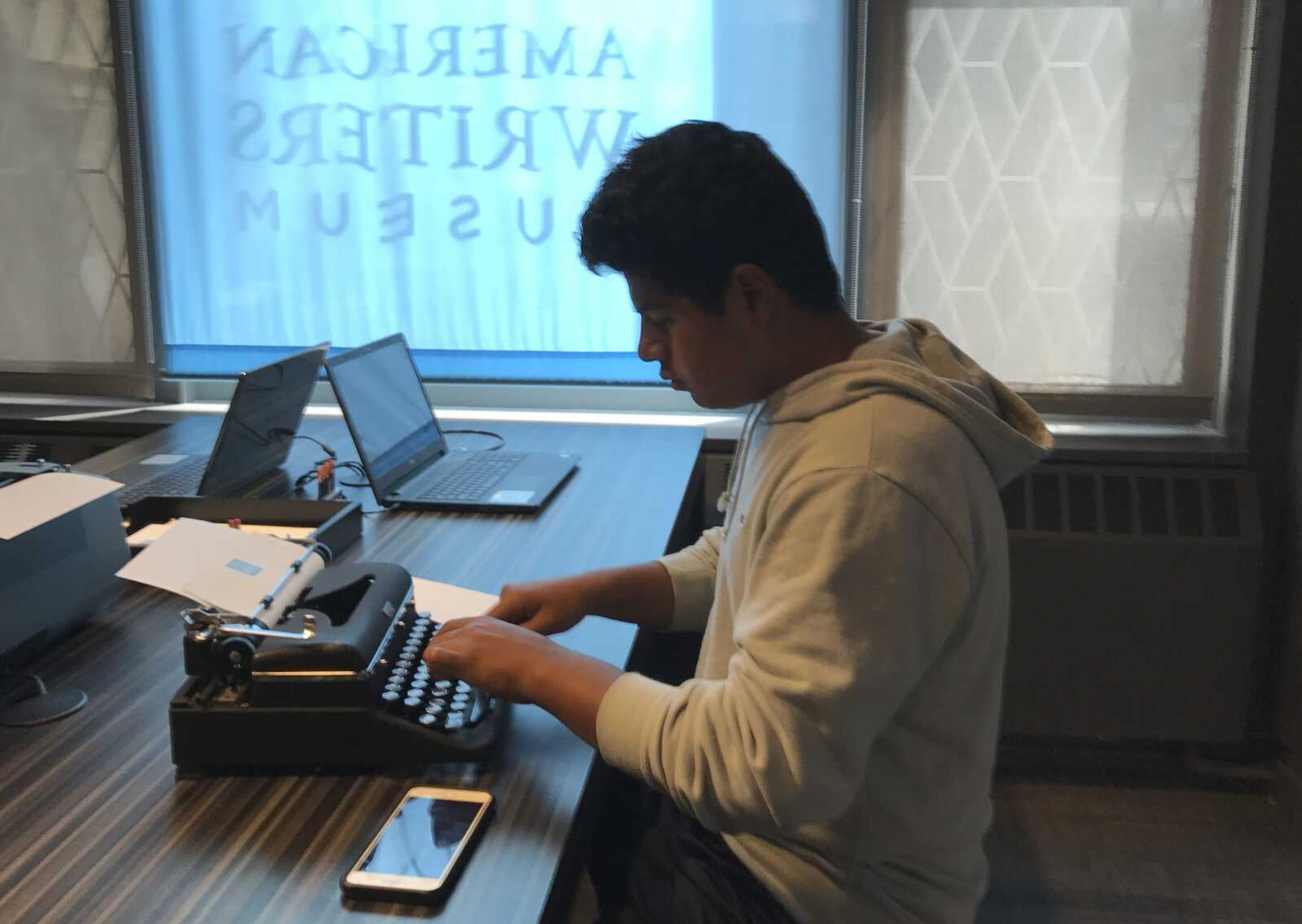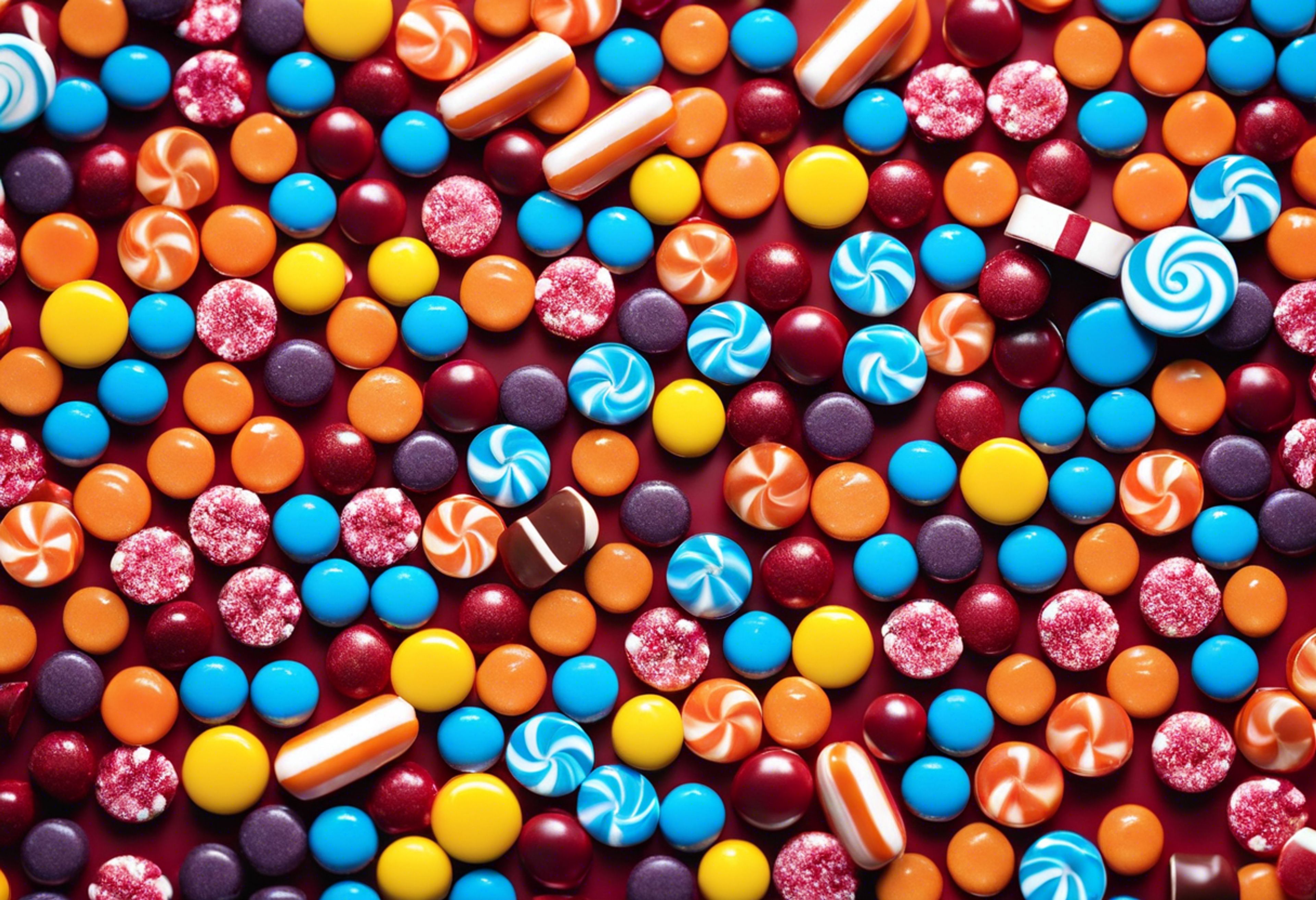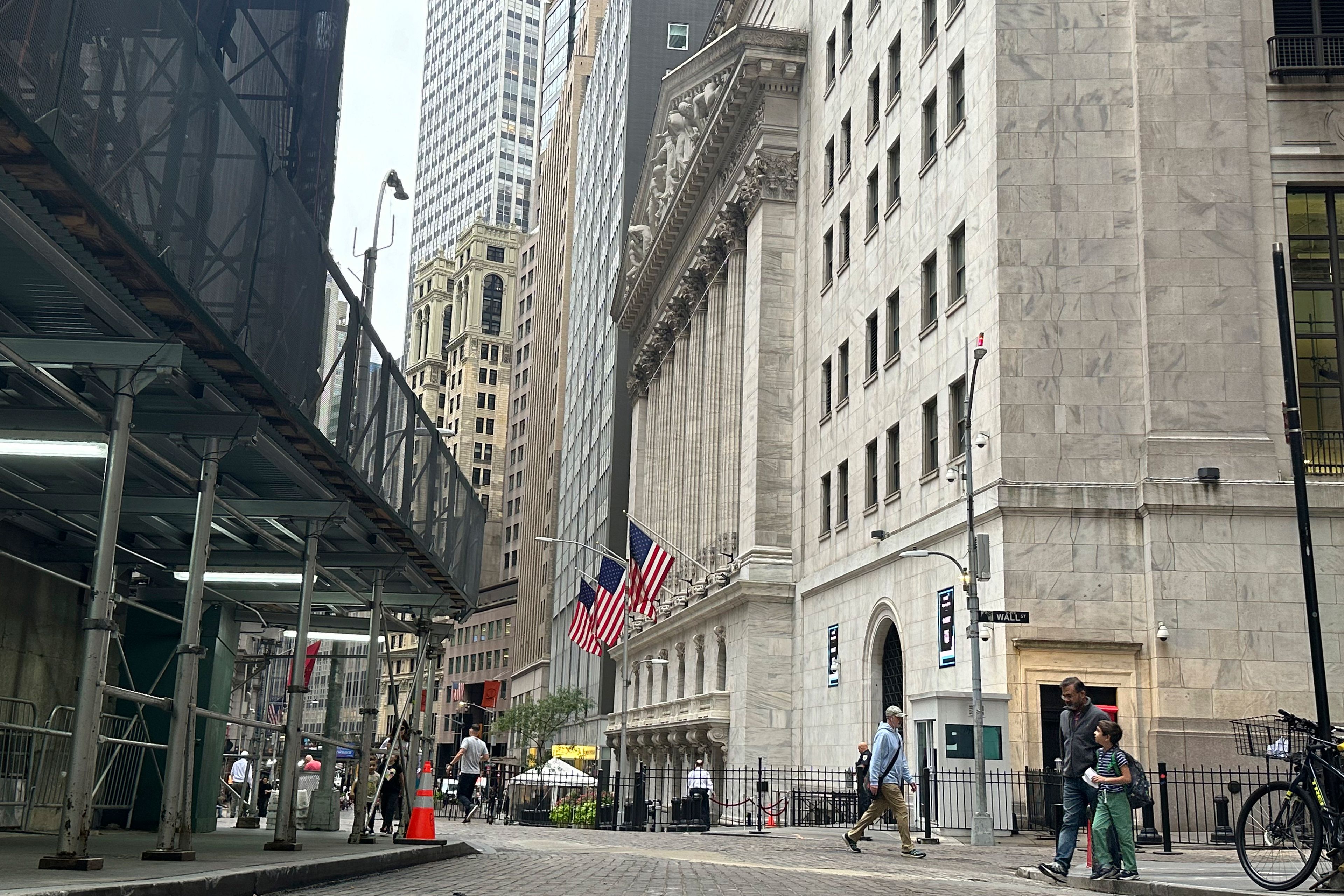For most of us, the clickety clack of a manual typewriter -- or the gentler tapping of the IBM Selectric -- are but memories, or something seen only in movies.
But at the few remaining typewriter repair shops in the country, business is booming as a younger generation discovers the joy of the feel and sound of the typewriter -- and older generations admit they never fell out of love with it.
"What's surprising to me is that the younger generation is taking a liking to typewriters again," said Paul Schweitzer, 80, owner and operator of the Gramercy Typewriter Co., founded by his father in 1932. He now works alongside his son, Jay Schweitzer, 50, and -- this summer -- a grandson, Jake.
Vintage typewriters are sent for repair and restoration daily from around the country, Schweitzer said. Demand is so great, early this year, the family finally opened their own store in New York City. Other surviving shops include Berkeley Typewriter and California Typewriter, both in Berkeley, California and founded in the 1930s.
Gramercy sold dozens of old typewriters over the holiday season, Schweitzer said.
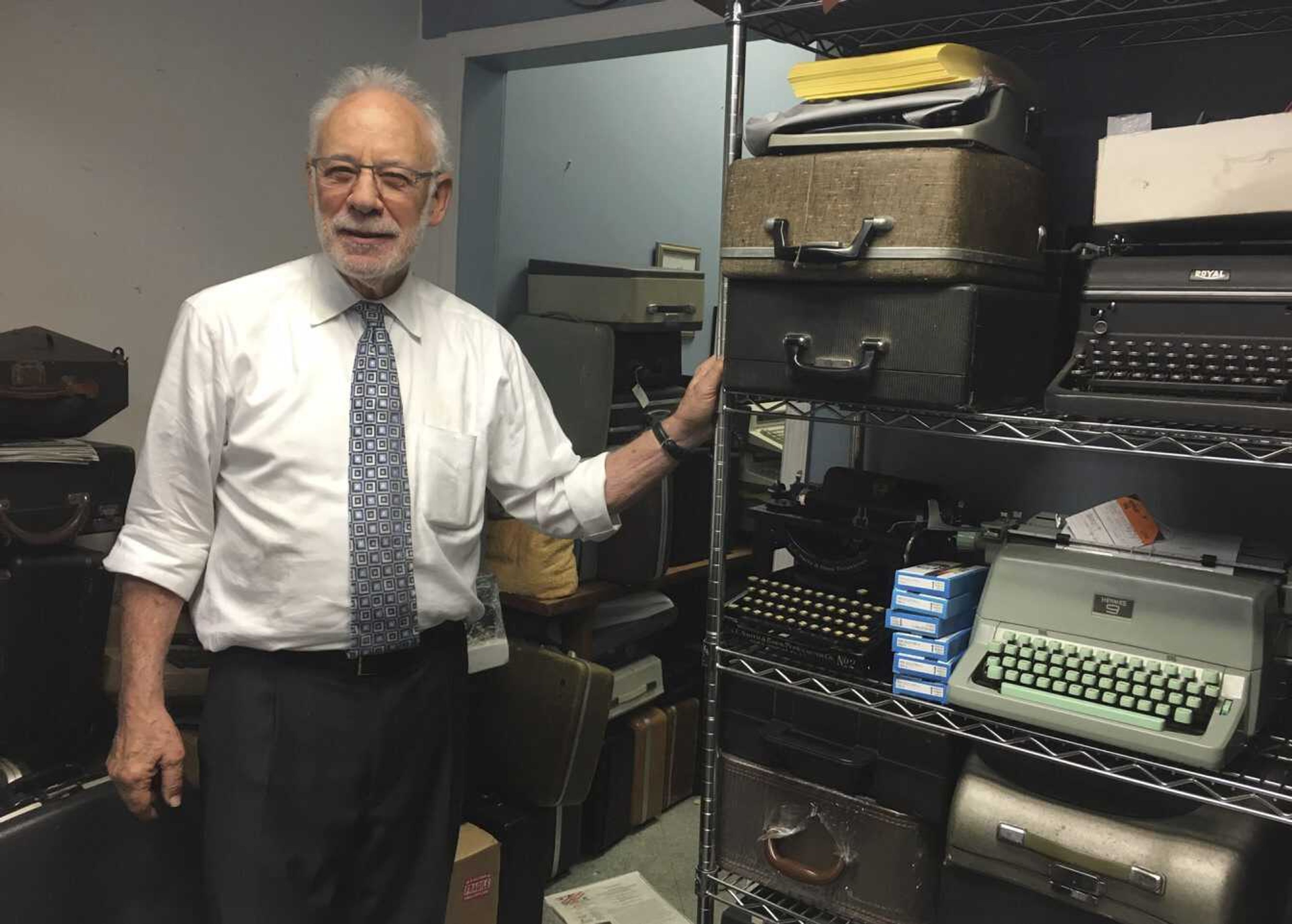
Two recent documentaries, "The Typewriter (In The 21st Century)" (2012) and "California Typewriter" (2016), featuring collector Tom Hanks, have helped popularize vintage typewriters among young people, who also have a soft spot for other analog technologies such as vinyl records and fountain pens.
At one time, Schweitzer said, there were six pages of typewriter repair listings in the New York City phone book (which also hardly exists anymore).
Schweitzer, who also services HP laser printers, still packs up his leather typewriter-repair bag and heads out on jobs at offices around the city, seeing to sticky keys and shredded ribbons. But these days, he sees to just a handful of typewriters in any given office, as opposed to years ago, when he visited offices with as many as 700 typewriters, one at each desk.
"A lot of law firms and accounting firms still have typewriters in their offices. They have computers, too, but there are always times when typewriters come in handy," he said. They are convenient for smaller jobs, such as addressing envelopes, and there are times you just want something done quickly and in triplicate.
The American Writers Museum, in Chicago, features a popular section with seven manual typewriters and an electric typewriter visitors can try out.
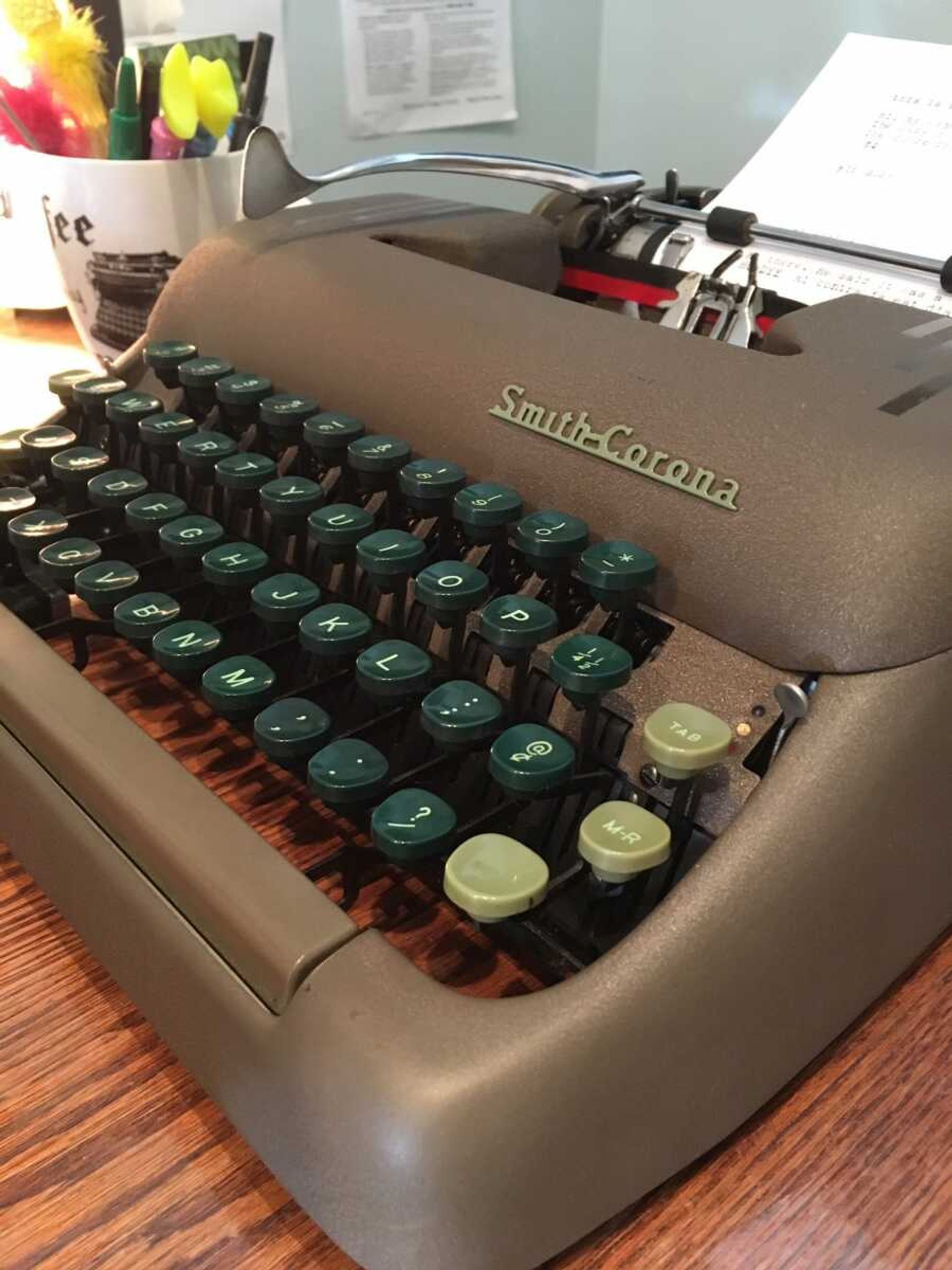
"Typing for the first time is exciting, especially for younger people," said Carey Cranston, president of the museum, which now features an exhibit with 16 typewriters used by famous writers such as Jack London, Ernest Hemingway, Maya Angelou and John Lennon.
"With a pen or pencil, you can distract yourself by doodling, and of course on a computer, it's easy to find distractions. But a typewriter was invented specifically for writing. There are no distractions. It's just you and the page," Cranston said.
Students who visited the museum on a field trip were so enamored with the typewriters they started their own typewriter club, and Cranston said he'll never forget the reaction of one fifth-grader discovering typewriters for the first time.
"Wow, this is great! It's an instant printer!" he exclaimed.
Ellen Lupton -- senior curator in contemporary design at the Cooper Hewitt, Smithsonian Design Museum, which has an array of typewriters in its collection -- said, "There's an irresistible tactility to typing on a typewriter, a satisfying sound, a feeling of authentic authorship. No one can spy on you and there are no distractions," she said.
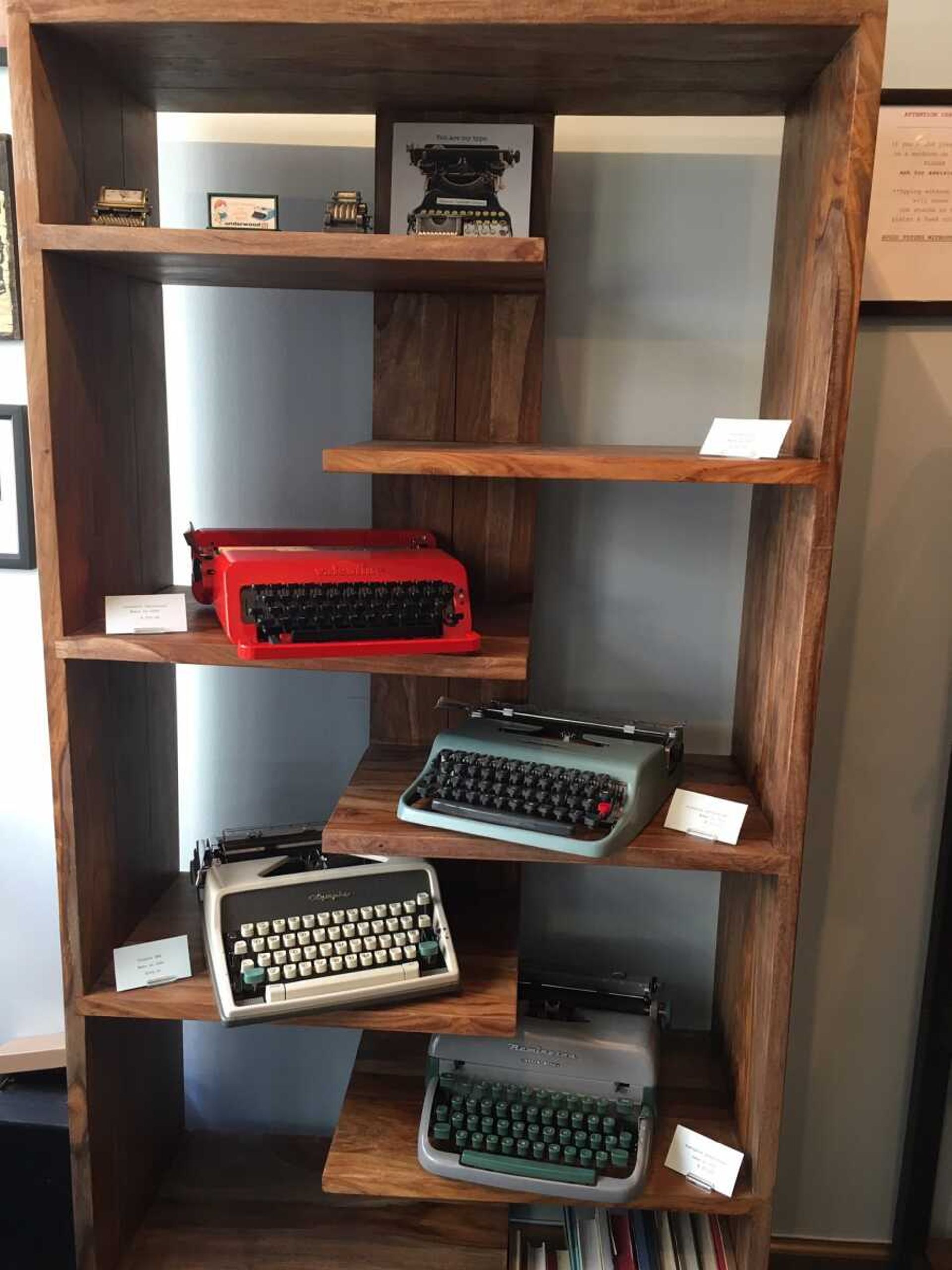
She noted typewriters' legacy can be seen in smartphone and computer keyboards.
The "shift" key, for instance, was originally meant to literally shift the position of a typewriter key, to a capital letter from a lower-case one. The return key (or lever, on manual typewriters) originally returned the carriage into position for the next line.
"And we're still stuck with the QWERTY keyboard -- even on phones -- which was supposedly designed to prevent keys from sticking together when someone is typing quickly," Lupton said.
While early typewriters of the late 19th century were designed purely for function, "by the '20s and '30s, they'd become quite stylish," Lupton said.
"We have quite a few very stylish Italian typewriters in our collection. They're very chic, with wonderful geometry and unusual lines. Olivetti was a big producer of office equipment and they are really invested in design," Lupton said. "Another reason for the appeal must surely be the beautiful and authentic appearance of a typewritten page."
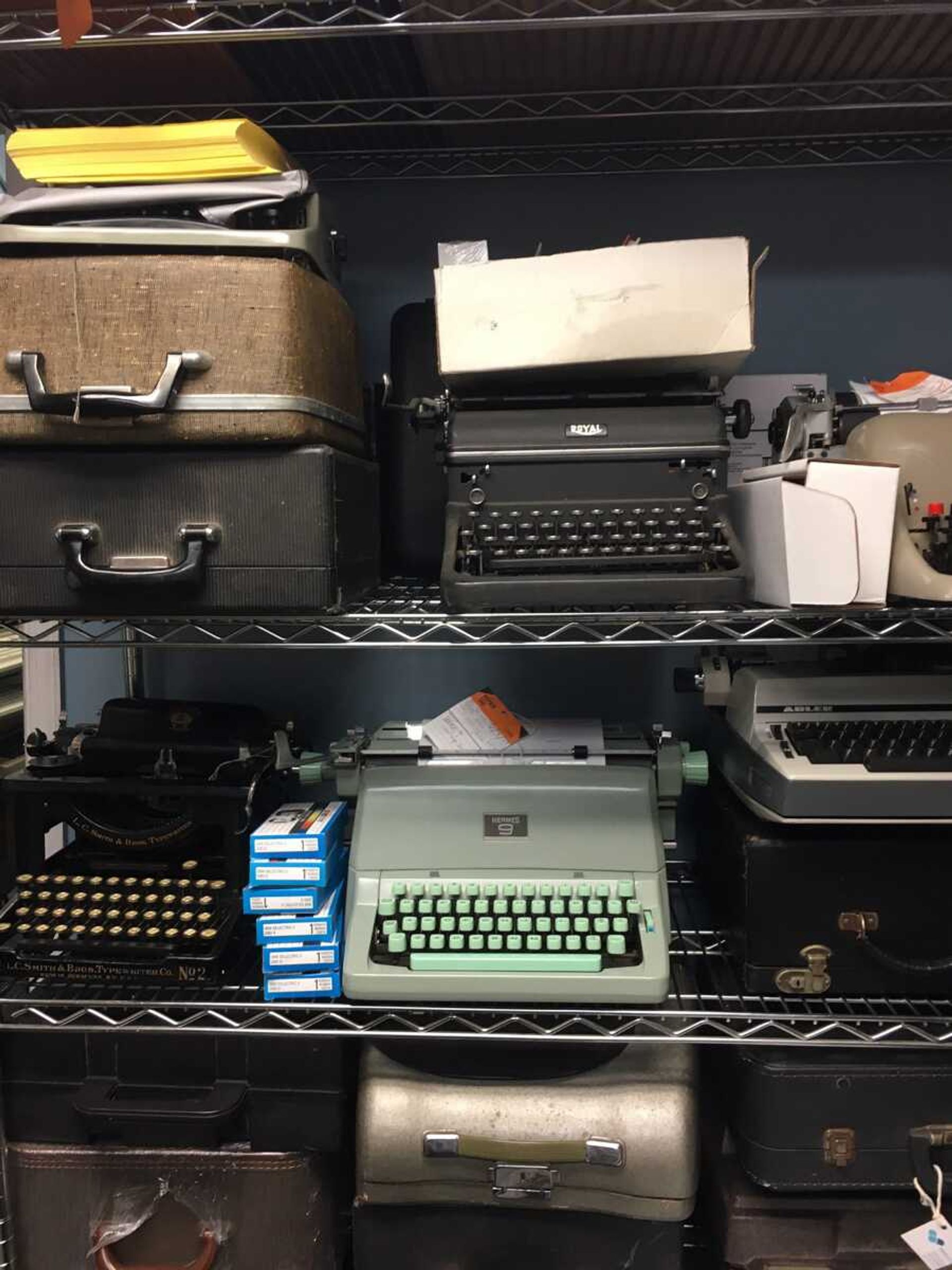
It's common for typewriters to allow for typing in red and black, and to feature a "ribbon reverse" function to maximize use of the ink ribbon by running it in the opposite direction once it reaches the end of the spool.
And as with every tool, there are tricks to using a typewriter. To save on the number of keys, there is generally no number "1" on older keyboards (a lower case "L" suffices), and to make an exclamation point, a period is simply topped with an apostrophe.
The "cent" key seems decidedly quaint today.
Connect with the Southeast Missourian Newsroom:
For corrections to this story or other insights for the editor, click here. To submit a letter to the editor, click here. To learn about the Southeast Missourian’s AI Policy, click here.
